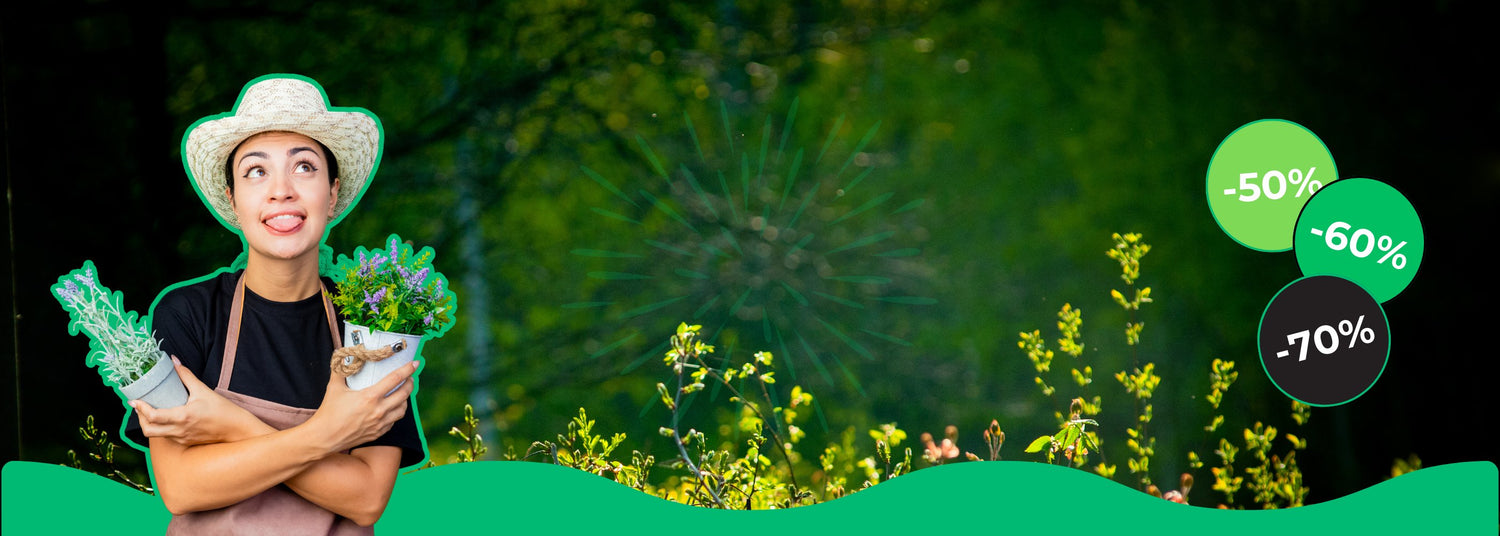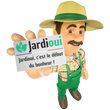How to make your own compost?

Composting is a technique for recycling organic waste that produces natural fertilizer for your plants. If you want to make your own compost, here are some tips to get you started:
- Choose a location for your composter : To make your own compost, you need a composter. You can buy one commercially or make one yourself using scrap materials. Choose a location for your composter that is close to your garden, but far enough away so as not to disturb the neighbors.
- Gather the necessary materials: To make compost, you need organic materials such as dead leaves, fruit and vegetable scraps, coffee grounds, etc. Collect these materials in a bucket or trash bag and store them in a cool place until you are ready to make your compost.
- Mix the materials: Once you have gathered enough materials, you can start making your compost. In a composter, mix the materials by adding alternating layers of dry materials (like dead leaves) and wet materials (like fruit and vegetable scraps).
- Add Microorganisms: For compost to decompose, it needs micro-organisms such as bacteria, fungi and earthworms. You can add these microorganisms to your compost by purchasing compost activators commercially, or by taking soil from near your composter.
- Water and mix regularly: for the compost to decompose properly, it is important to keep it moist. Water your compost regularly and mix it occasionally to aerate the materials and encourage the growth of microorganisms.
- Harvest your compost: It takes approximately 3 to 4 months for the compost to be ready to use. You can harvest your compost by sifting it to remove large particles that have not yet completely decomposed. Your compost is now ready to be used to fertilize your plants.
In summary, composting is a simple and ecological technique for recycling your organic waste while fertilizing your plants.




































